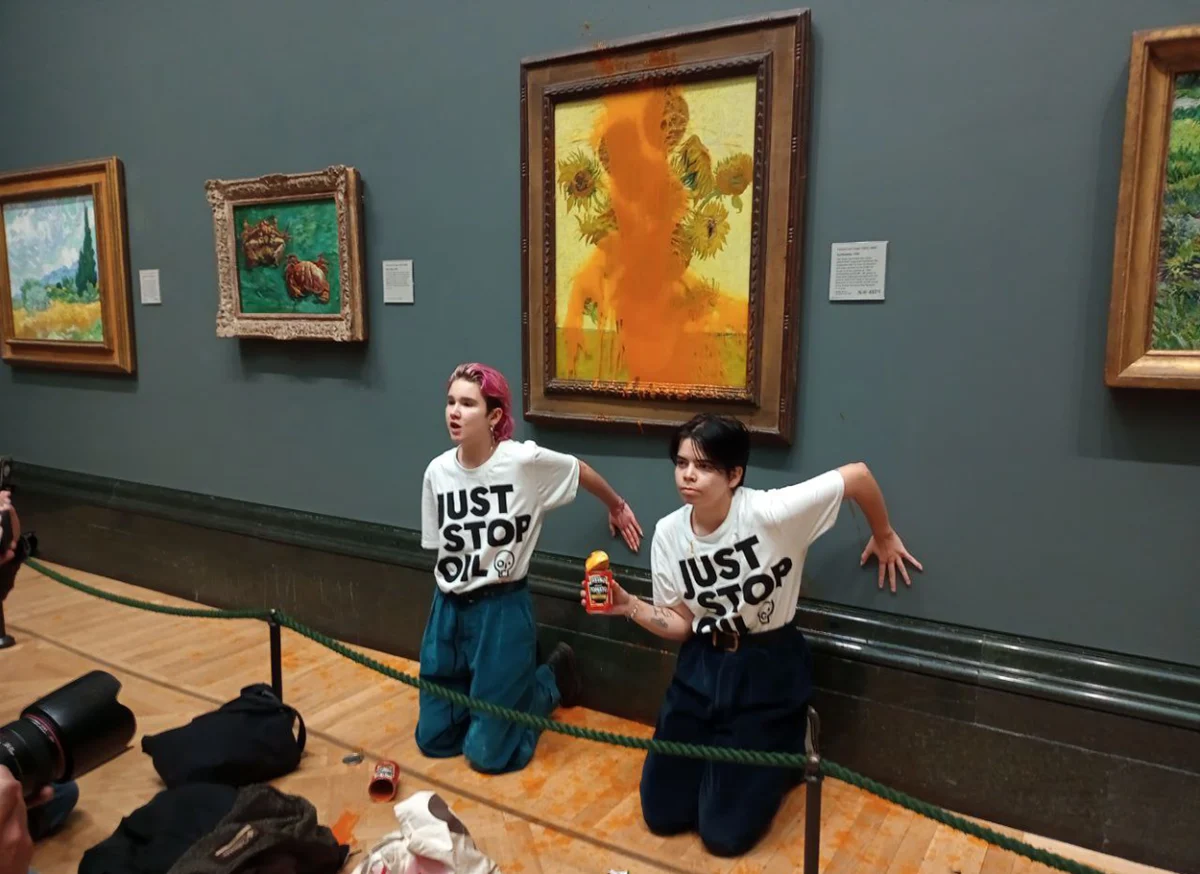With the addition of con-artist Anna Delvey to season 33 of the reality-competition TV show “Dancing with the Stars,” the fanbase is being torn apart by disagreements on the ethics of considering her a “star.” While some take to social media to quickly label her an “icon,” many are stuck wondering, why are we glamorizing criminal behavior?
Delvey is a Russian fraudster who was convicted of second-degree larceny and theft of services in 2019. She was sentenced to four years of prison and, while she is out now, she is still under house arrest and mandated to wear an ankle monitor. In February of 2022, a Netflix series titled “Inventing Anna” was released, detailing the fake “heiress’s” crimes against New York. Through all this media attention, the world quickly came to know her name.
Needless to say, the loyal fanbase of “Dancing with the Stars” was shocked to see Delvey in the cast, since people known for high-profile crimes are not usually featured in the pool of participants. However, this did not stop a large group of social media users from sharing their undying support for her. Her fraudulent work suddenly became a clever scam that was greatly applauded.
It’s upsetting to see a criminal displayed on screen dressed head to toe in sparkles, including a bedazzled ankle monitor. Adding on to this distasteful casting choice, the idea to introduce her on the show as a “fashionista and entrepreneur” completely erases the criminal behavior and makes it look acceptable and perhaps even praised to an impressionable audience.
This is not the first time we’ve seen criminal behavior glorified on our screens. This past year, it was shocking to see the public reaction to Gypsy Rose Blanchard’s release from prison. In 2016, Blanchard was famously sentenced to 10 years in prison for the second-degree murder of her abusive mother.
Though it seems to be a unanimous idea that Blanchard should be free from prison, since she was tormented by her mother her entire childhood and deserves to live a life of her own, the way she was treated afterward was concerning. At first, it seemed the public was just happy for Blanchard, but this was until people started to idolize her. On platforms like TikTok and Instagram, she received an overwhelming amount of positive feedback for what she did, turning her into an overnight social media star.
It seemed the world could not get enough of Blanchard until new photos of her mother’s murder were released. Suddenly, people remembered that no matter how “cool” Blanchard’s social media presence may be, her actions caused a real person to die. The universal public opinion of Blanchard shifted, leading to her eventual fall from grace.
This realization was key to remembering that felons should not be our new favorite online obsessions. The glamorization of both Delvey and Blanchard are cautionary tales to never forget that behind a criminal is a real crime, and real people that were hurt. It’s perfectly fine to grant people second chances when they’ve messed up, but to represent them as a hero all over our screens will only allow the cycle to continue.










second biggest fan • Oct 21, 2024 at 10:47 am
You ate this up, both entertaining to read and informative
el commentor • Oct 18, 2024 at 2:09 pm
this is so fire